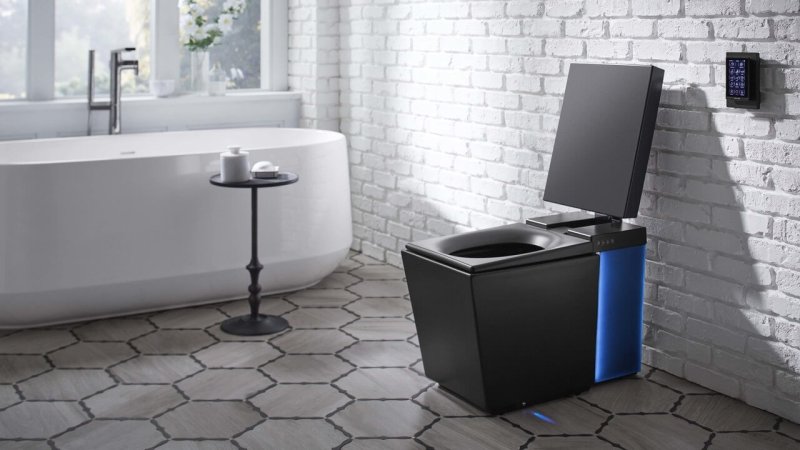I believe we should be more aggressively pursuing precision health: ways to prevent disease and, when that isn’t possible, intercept and treat it earlier.
My colleagues and I at Stanford have been working on novel technologies that, although they are still in development stages, point the way to how precision health could work.
…
[It’s necessary to] monitor biomarkers in the blood, in exhaled air, in saliva, and in urine and stool. This would ideally be done by home devices that don’t require you to wear something or change your behavior.The smart toilet represents one such device. In developed countries, every home has a toilet, which the inhabitants use every day. Adapting this tool to detect markers of disease such as blood in the stool, sugar in the urine, or circulating tumor cells and send warning signals to the user — and his or her physician — could detect disease while it is still preventable, or at least treatable.
…
The reality of precision health is still a long way off. But the goal of preventing disease, and identifying it early when it occurs, is a payoff worth working for.
Read full, original post: New ways to detect cancer early will help pave the way for precision health































